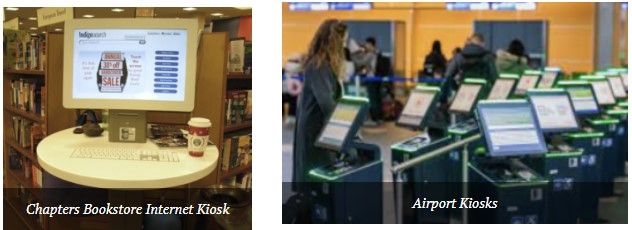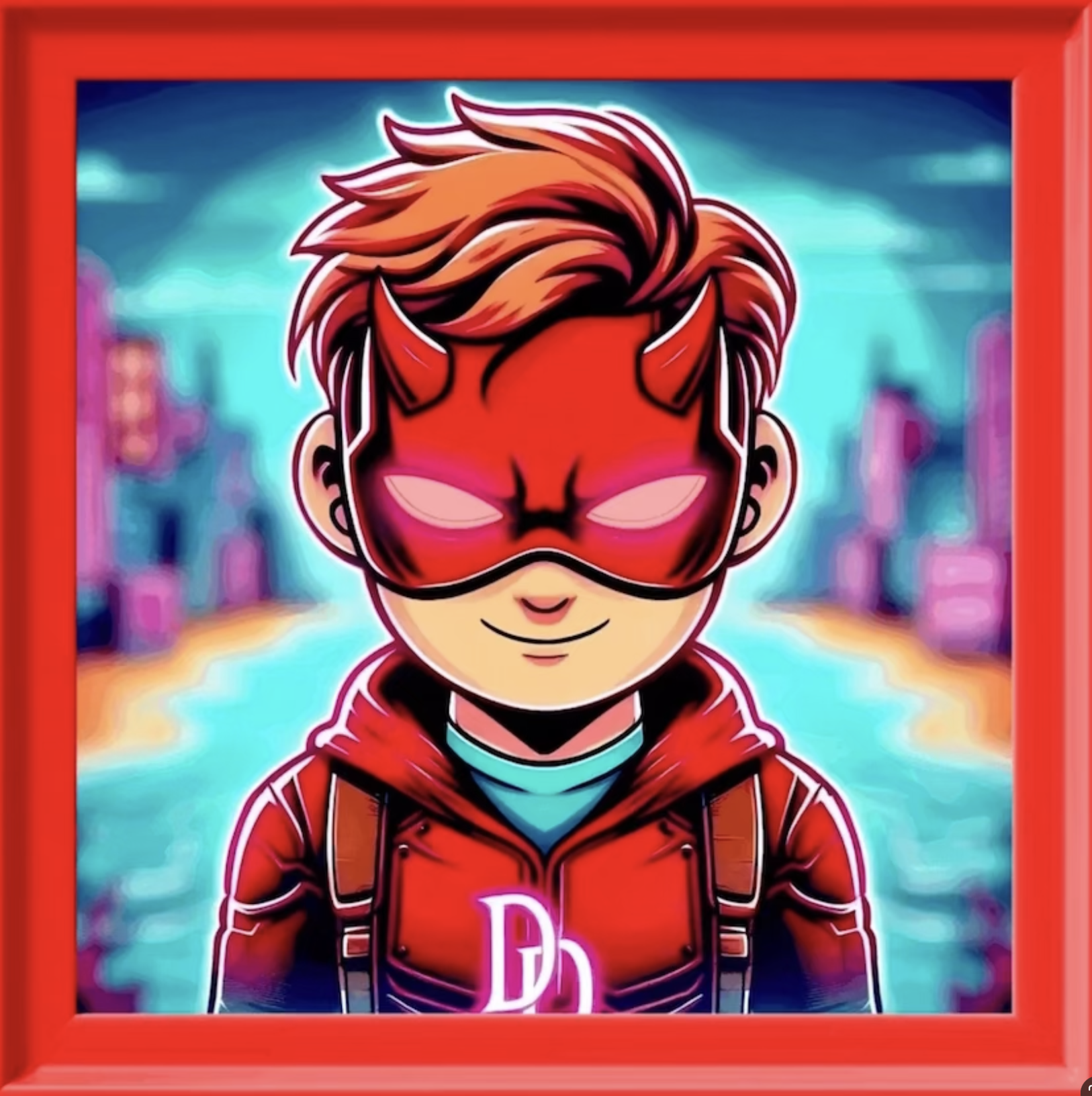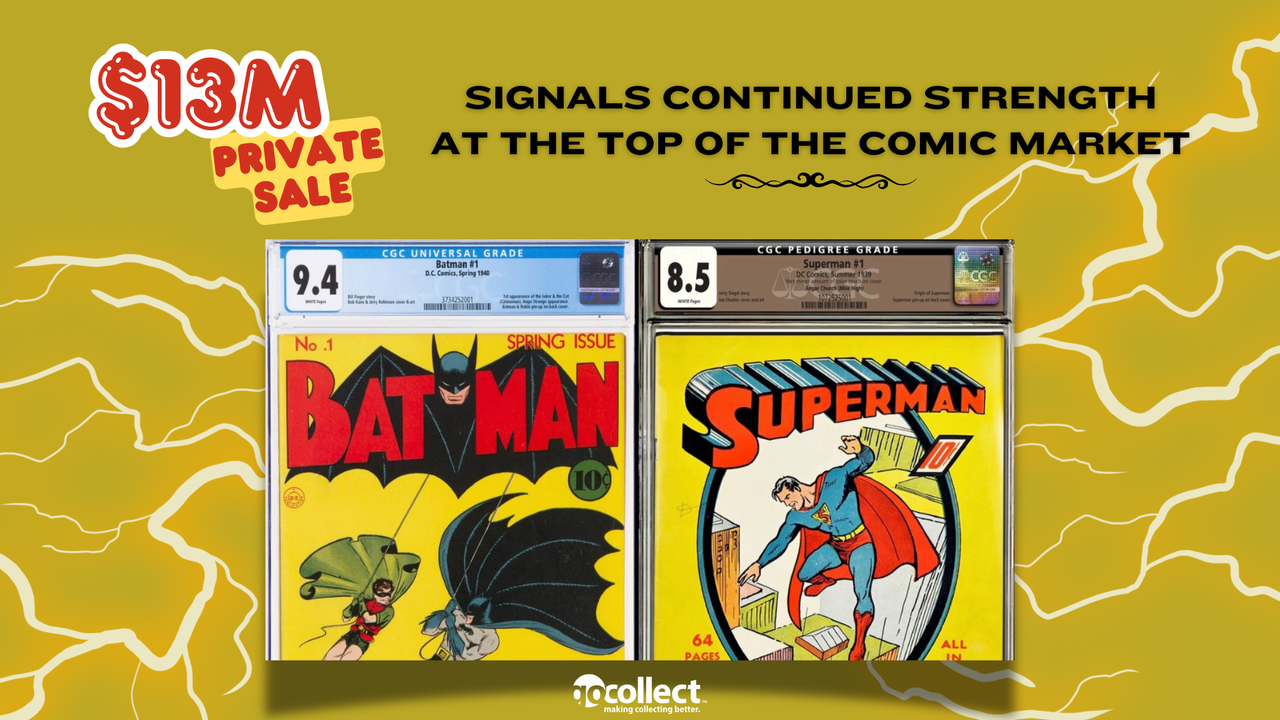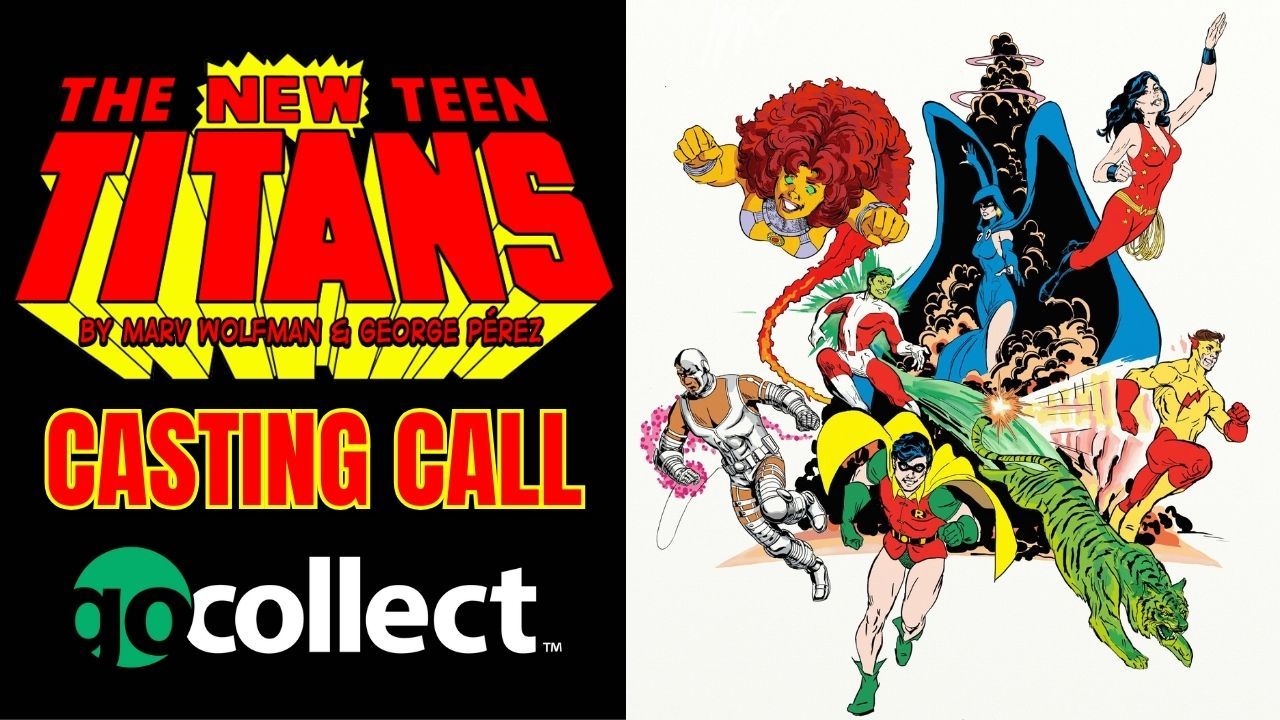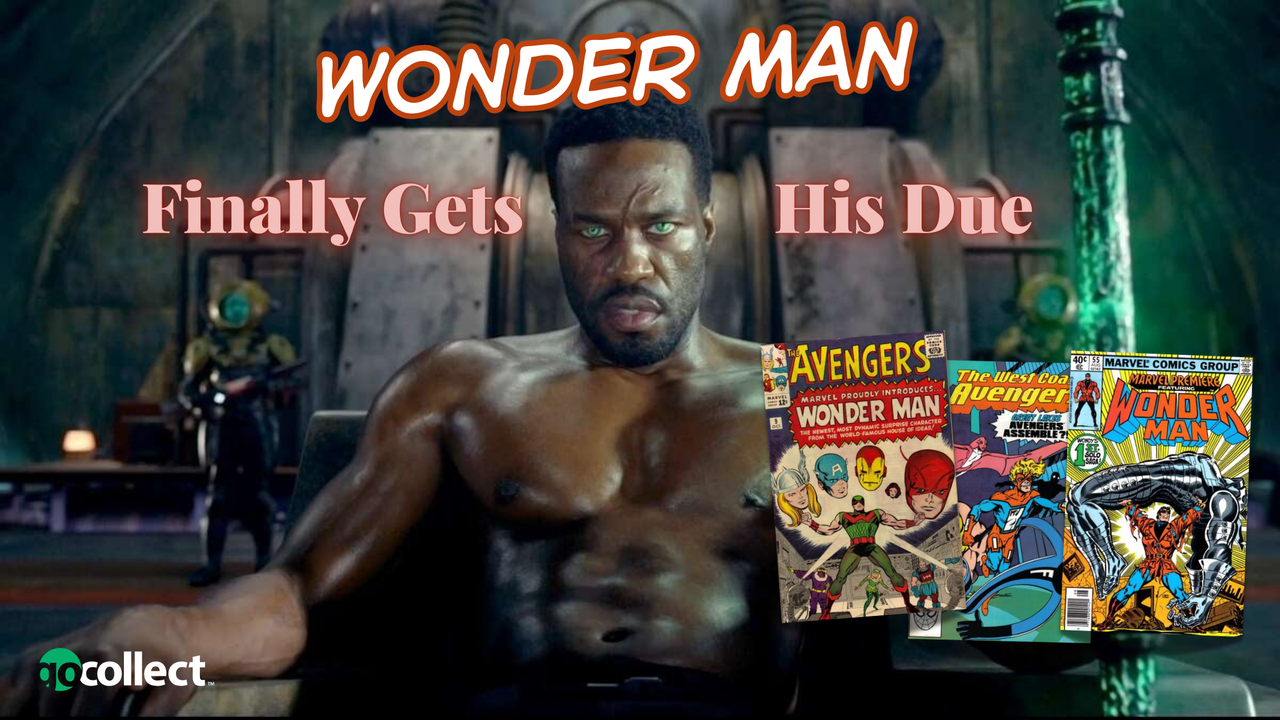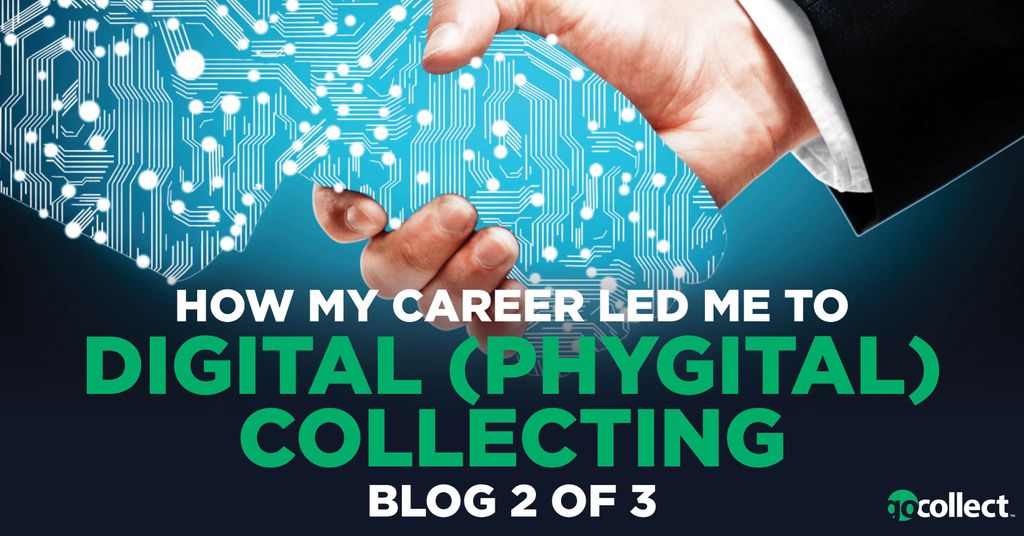
[caption id="attachment_219630" align="aligncenter" width="300"]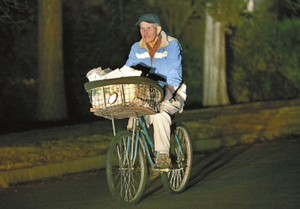
I'm old enough to remember how difficult it was delivering daily newspapers with a makeshift (P.O.S.) metal basket attached to my BMX bike. The weight of those papers built incredible upper body strength in my early teens, yet haunting memories of wiping out during rain storms, dumping the entire load with no one to help pick it up, endure.
These were different times. News was reported through Radio, TV or Print. The Internet hadn't even been thought of as a consumer tool yet (just its military use), and for newspaper carriers, we even had to collect the monthly subscription fees from subscribers. Yeah...kids asking strange grown-ups for cash-owed. If you didn't collect, you didn't get paid. It was an era of tough love, but it began building some character and a sense of financial independence from my parents, even if just to a small degree. Years later, that experience would be put to the test, but we'll get to that...
Back then, I knew people who actually had newspaper & magazine collections. Key issues, historic events or dates of personal relevance were filed away for...future use? Even my older cousin had a room full of such assets, knowing exactly where each copy was stacked. Looking back now, it seems hard to believe anyone would collect these, but at the time I saw nothing wrong as I had just started collecting my first comic books. Today, some of those specific prints would be worth a considerable amount too!
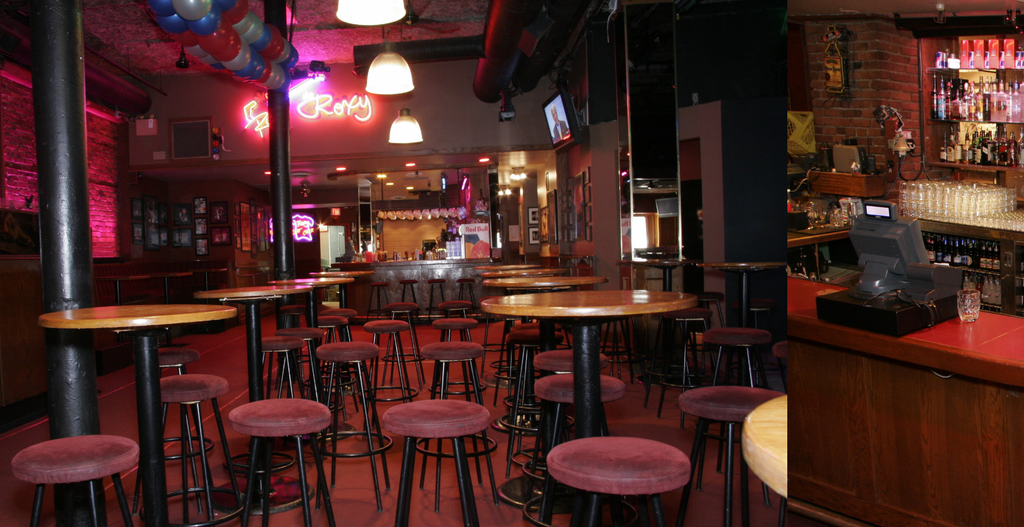 The Roxy Cabaret, Vancouver BC
The Roxy Cabaret, Vancouver BCAfter high school I went straight into the University of British Columbia, where I graduated with a degree in Psychology, minoring in English. During that phase, I worked (2) part-time jobs at Vancouver International Airport, washing & jockeying rental cars on weekends, working the aircraft ramp at night loading luggage or pushing planes to the taxi-way.
Both grueling jobs, but they paid the bills, covering my mounting interests in comic collecting, goalie gear, and The Roxy.
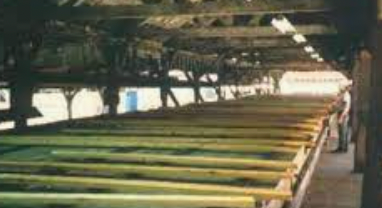 A Sawmill Green Chain
A Sawmill Green ChainRealizing quickly I needed more income while waiting for my post-graduate career to take off, I took a job at a local sawmill, hauling lumber off their GREEN CHAIN. It paid 4X what I was earning at the airport jobs, but I will say this - you NEVER FORGET the worst job you've ever had. After 2 months the money meant nothing. I was exhausted, full of 1" splinters & routinely sang entire albums in my head to offset the tedious, mundane nature of the work. This was simply not for me. Sure there were some that enjoyed the work for the pay, but I was desperately aware of the mistake I had made.
BUT...IT IS, WITHOUT DOUBT, THE JOB "THAT MADE ME"
I knew I had to do something different; no one was volunteering to pull me out of that hell on earth. Yet I was completely stressed and clueless about what to do about it. My parents bore the brunt, and while they understood what I was going through, we fought about it regularly. I had now graduated, which meant living at home came with rent and managing my own expenses. As I look back on this now though, their "rent requirement" is one of the greatest gifts my folks ever gave me. It was a simple map to pull myself up and out of despair, and get serious about what I was going to do with my life.
Soon after, I enrolled at the BC Institute of Technology, completing my post-diploma in Business Administration. It, too, was grueling - "post diploma" meant my Bachelor's Degree allowed me to fast track the 15-course program in (9) months, but I was focused, and the comic books/bar money was now diverted to tuition and commuting costs. As stressful as it was, I loved it. The small class size formed deep friendships quickly - going through something like that bonds you immediately with your teammates, and the courses were enlightening. I had always loved watching TV commercials, especially those during Super Bowls, and now I was gaining the skills to put a career in marketing, hopefully broadcast media into play.
But that didn't happen.
3/4 of the way to completion, I was approached by a company that makes flight simulators for global airlines & air forces. They loved hiring BCIT grads, but it turned out the role was for their Machinery Division, which manufactured OEM sawmill & pulp mill machines. At first, I cringed - the thought of going anywhere NEAR a sawmill's dangerous equipment or sawdust made me gag. The GREEN CHAIN was back to haunt me. Yet the role was interesting; I would be heading up their new Spare Parts Division, an overlooked area that had allowed competitors to erode enormous market share.
I waited to graduate BCIT, then accepted and took on the role wholeheartedly. I swapped steel-toed boots & splinter aprons for dress shoes and ties, built databases, traveled to cities & towns I would likely never have seen otherwise, made incredible friends, and grew the parts division by roughly $2M in annual revenues.
AND THEN THE INTERNET APPEARED
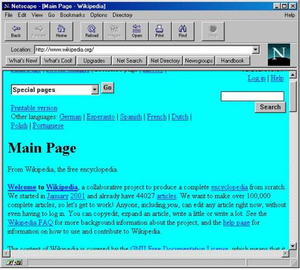 Early Netscape Internet Browser
Early Netscape Internet BrowserIf you can believe it, staff were only "allowed" 30-minutes of web use per day (yes, I'm that old)! Usually, that meant gaming during lunch or looking up the latest celebrity or sports photos as there really wasn't much content to see back then.
Over the next year or so though, advancements came fast and I clearly recall seeing a competitor with a "website." Incredible as it seems today, these were laughed at as fads...nothing more than glorified brochures on a computer screen. I, however, instantly saw connecting quickly to many more customers, regardless of location, helping them know we were there to supply their needs with no busy phone signals or fax machines out of paper.
That's when UBC announced they also saw the trend, offering a reason again, to head back to class.
I immediately RAN to my boss' office, and of course, goofed up...
I had no business plan. I had no metrics. I had no way of knowing if our customers had even heard of "the web" themselves, and my ask to create the role of 'Web Guy / Internet Marketing Manager' for the company was denied. So too was my request for tuition funds to enroll in the world's first University-Accredited Internet Marketing Program.
Again, the executive team felt this was nothing more than a fad and would not authorize the expense for a job that would never materialize. So like any eager 27-year-old know-it-all, I dropped the $4500 fee (about $8000 today), and enrolled.
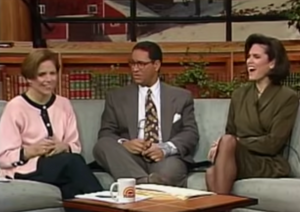 The Today Show asks what is the Internet?
The Today Show asks what is the Internet?Thus began the transition from more traditional roles to new realms of potential. That Internet Marketing program was one of the greatest educational experiences I ever had, where halfway through, I had 16 job offers! Most were eager young startups of course looking to blaze trails, while few knew what the hell this "Internet, Web, WWW" stuff was.
To this day I still laugh at Caitie Couric & Bryant Gumble on The Today Show look like fools questioning it - check it on YOUTUBE for a good chuckle! Sure I thought they were funny. Sure I took flak from people debating why I spent $4500 on a course teaching me about the biggest facade since Orwell's War of the Worlds, but I just knew this wasn't going away.
The US Armed Forces used a wired pipe called the ARPANET to ensure their bases could communicate in the event of a nuclear war. Yeah...we lived through that too. This became the INTERNET we know today when two universities leveraged it to share data & Web 1.0 was borne (read the history here), & again I just knew this wasn't going away.
Then Came One YAHOO-SIZED Goof Up
At the time, consumers were frustrated - they had to search everywhere online to find what they wanted. Most sites were horrifically crappy and that damned DIAL UP SOUND took minutes off your life just connecting your phone line to the web. A new company called YAHOO! noticed these issues and began building what would be the most successful web portal for the next 15-20 years. Our UBC web program director at the time said as follows (this too will never leave my head):
"NOT FINANCIAL ADVICE, BUT YAHOO IS TRADING AROUND $5 TODAY. THE BET IS IT'S GOING TO BLOW PAST $50 - DO WITH THIS TIP AS YOU WILL."
AND. WE. ALL. DID. NOTHING.
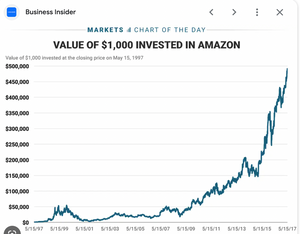 $1000 invested in Amazon
$1000 invested in AmazonWe did, however, watch Yahoo's traffic, email and user base explode over the next two years with its stock valuation topping $120, even with MANY setbacks, hacks, errors and growing pains. So around that time, I grabbed 100 shares of Amazon for about $10 a share, as part of a bet with a buddy it would reach $15. "Who the hell is going to buy and READ books online?" people said again. When it hit $50 I cashed out, then of course, watched it sail past $350 shortly thereafter.
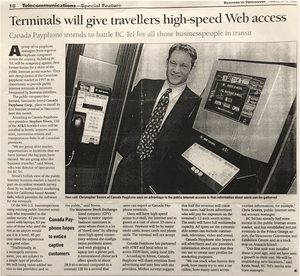 Web Kiosks, Business In Vancouver
Web Kiosks, Business In Vancouver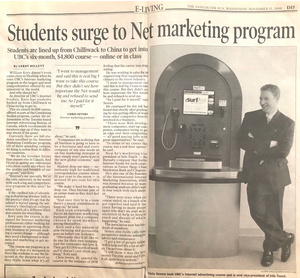 Web Kiosks, Vancouver Sun
Web Kiosks, Vancouver Sun
After graduating the UBC Web Marketing program, I took a job with a PHYGITAL-type business in the telecommunications industry. A group of former Bell Canada & Telus techs/execs launched a startup in nothing other than the age-old payphone business. Their mantra was simple & two-fold: first, flip the business model & pay the business hosting the phone on its wall 75% and the phone supplier could keep 25%. Second, at the same time, phone revenues were paying for the "future-focused" part of the company, INTERNET KIOSKS, to which I became the National Program Manager.
** This was an important milestone, as you can easily see from the newspaper feature images above, I DESPERATELY needed cash to buy new ties and better haircuts **
Yup, with no mobile phones and slow home connection speeds, these 'web terminals' came with (ahem) 'really fast' ISDN lines and 1-click access to your email or popular websites. My clients included airports, hotels, coffee shops and even beachfront-Internet-booths that generated $10k/month or more from $1-$2 for 30-min of usage. It was crazy exciting, yet for the most part, NOBODY knew what an Internet Kiosk was...
This led to a senior role with a company that connected >1000 web terminals across Chapter's Bookstores in Canada (equivalent to Barnes & Nobel). These were sit-down, rudimentary computer terminals charging for time, but were the concept that over the next several years became the in-store lookup kiosks you see today, as well the ticketing kiosks nearly every airline uses. Today, they are Everywhere. Being part of conversations with Air Canada's first foray into marketing across these screens was a thrill I'll remember always, as they were looking to prove the concept of ticketing online to reduce airport wait times, travel agent costs, and errors in bookings.
Initially, these kiosk systems were held back by technology limitations, mainly speed. The concept was sound, and just needed some time to develop, but I definitely enjoyed being part of building the original infrastructures. These days we have the choice to use the airport kiosks, in-store lookup terminals, or...just your phone. The concept won out; when the tech was ready, consumers instantly integrated it into their daily lives, seldom knowing the work that went into building the system or the tech development behind it that allowed it to become so easy.
THINGS WERE GOING GREAT...UNTIL THESE ANNOYING MOBILE PHONE THINGS SHOWED UP
[caption id="attachment_219638" align="aligncenter" width="330"]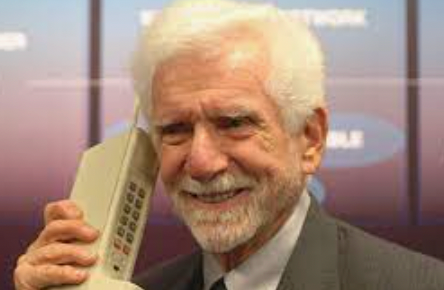
Enormous satellite phones became flip phones, which became text-enabled Blackberries, which became iPhones. Kiosks, like newspapers and radio stations, were suddenly withering on their vines. It was all happening so fast - waiters would ask diners to turn off their phones in consideration of other guests & I even debated a full 180-degree career change for a new perspective away from tech and media, thus trying out for our City Police Department.
The day before my Staff Sergeant interview, I broke my leg goaltending in my hockey playoffs (made the save though!), and had to cancel the interview, which meant restarting the entire application process. Was this maybe a blessing in disguise?
That's when a friend from my UBC Internet Marketing program (always stay connected!) introduced me to her contact at The Yellow Pages (aka Phone Books). The salary was low - just enough to cover expenses, but the upside was incredible commissions. I knew my work ethic and I knew how to sell media, so I took a chance.
Quite quickly into my new career, the "print books" began transitioning to online directories - some may recall www.SuperPages.com launched by Verizon, BEFORE THERE WAS GOOGLE, and I sold a FORTUNE worth of this new digital-directory stuff. I just "got" the concept and could position it to my clients for big wins by securing their listings early, before their competitors caught on. These 'digital directories' were faster, convenient, always on, killed fewer trees, made the technology issue a non-issue, and were EASY for both clients and consumers to access and use.
YET I GOOFED, UH-GAIN!
A big part of my role was research on my clients' behalf, from competitive ad placements to website domain names (URLs) and photo images to use on these new (still relatively unheard of) 'websites.' I was snapping photos with an early-generation Kodak Digital Camera that took an hour to get the images into my PC. Since most of my clients had no idea what websites were, let alone why they needed them, another big part of the job was education, which took a lot of time - not something you had much of when needing to close 700 contracts per year, while also growing your new business funnel.
The money though...was incredible. I was earning the equivalent of many stock traders, doctors, or banking execs. YPG had MBAs, PhDs, and Masters graduates lining up at job fairs - it was the cream of the crop in the media industry at the time. And it was simple - if you owned a business, without a directory listing no one could find you to call (or email). And that took my eye off the bigger picture.
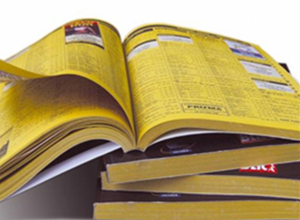 Phone Books????
Phone Books????What was happening was simple. I was caught up in the grind and great paychecks. Here I was, securing domain names & selling cheap 5-page website packages instead of securing the URLs myself (which at the time were around $5 a year) or investing in the companies exploding in these new services. MILLIONAIRES WERE BEING MADE right under my schnoz. The web rate of adoption was suddenly rocketing and those "early in" companies that secured their placements were essentially buying real estate that would be held for generations to follow.
Imagine being so early to the game you could have bought FORD.com for a $5 floor rate. Before Ford knew to do this. I was grabbing these up on a daily basis, advising thousands of clients to secure their new web names through their YELLOW PAGES REP. GAAAAAAWD.
[caption id="attachment_223267" align="aligncenter" width="437"]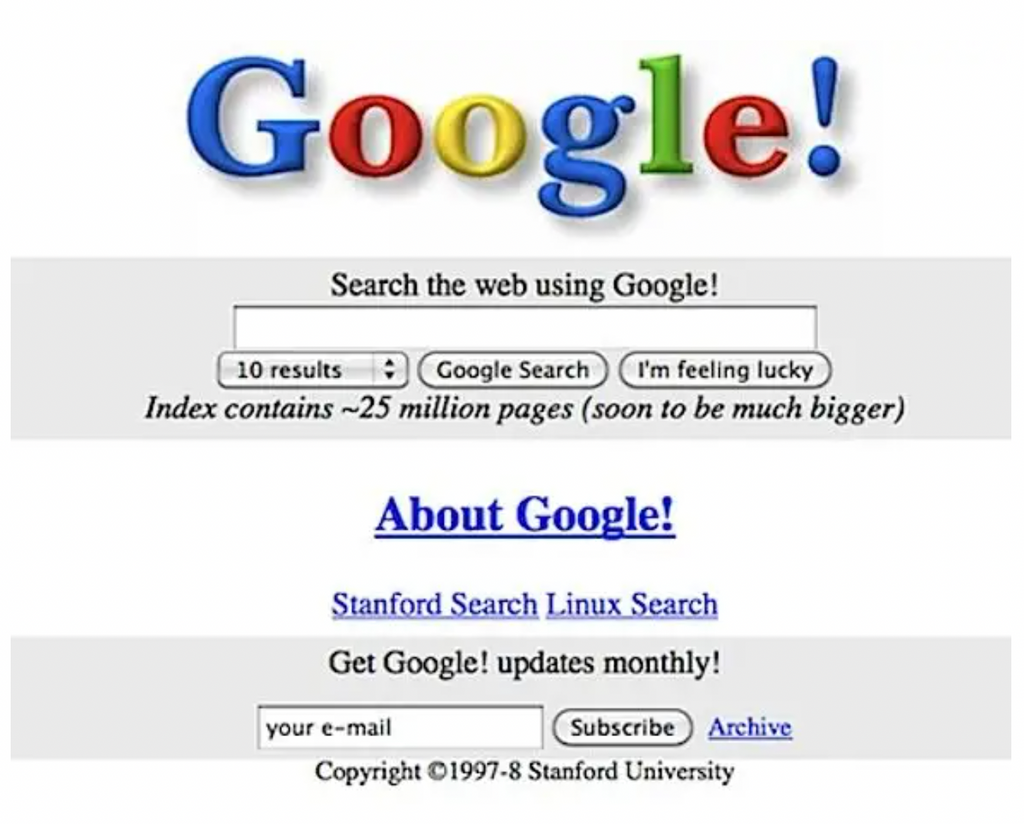
When Google hit the scene, that was the "mobile-phone-meets-EMail-Kiosk end" for yellowpages.com, although today if you own a local business it's highly likely your Yellow Pages rep is helping you buy ads on Google, as YPG became one of the largest local resellers of Google assets. Funny how things work out if you give them time, eh?
I have to admit, I was now in my 30's and I was tired, pulling 10-14 hour work days with newborns, new mortgages, and new adult responsibilities hitting me from all sides. That's precisely when a Territory Manager role with Canada's largest daily newspaper opened up, and feeling I knew a bit about the biz from my days as a newspaper delivery boy, took the role.
And this is where I'm cutting this article off before the Internet runs out of room...
Stay Tuned for the Final Summary where I will touch on my roles in media & advertising that have me even more bullish for this exciting (digital) collectibles trend. Thank You for reading!

